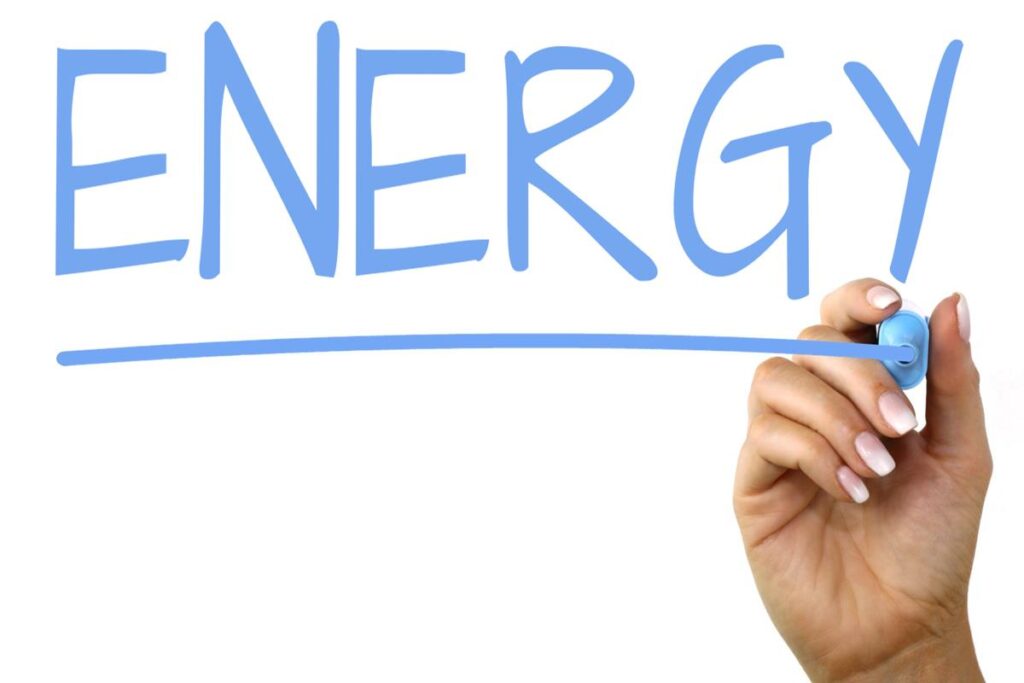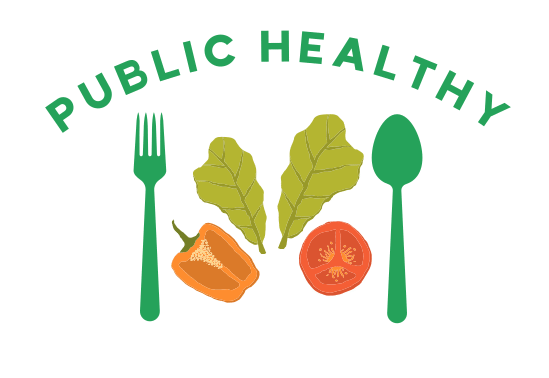
Food as Fuel for a Thriving Life what you eat after 50 plays a critical role in how you feel, think, and move. The right foods can increase your energy, sharpen your mind, support muscle strength, and even slow down aging. On the other hand, poor nutrition can lead to inflammation, weight gain, and a higher risk of chronic diseases. The good news? You don’t need to follow a restrictive diet or count every calorie to stay healthy. Instead, the focus should be on nutrient dense, whole foods that support longevity and vitality. Your body is constantly rebuilding itself — your skin regenerates, your cells repair, and your bones renew. The food you eat provides the raw materials for this process. The better the quality, the better your body functions.

How Metabolism Changes After 50
One of the biggest concerns people have after 50 is slowing metabolism. Many people notice weight gain, especially around the midsection, and feel like their body just doesn’t process food the way it used to. Here’s why:
- Muscle Mass Declines
After 50, we naturally lose muscle if we’re not actively maintaining it. Since muscle burns more calories than fat, a loss of muscle leads to a slower metabolism. - Hormonal Shifts
Changes in estrogen, testosterone, and thyroid function can affect how your body stores fat and burns energy. - Insulin Sensitivity Decreases
The body may become less efficient at processing carbohydrates, leading to blood sugar spikes and increased fat storage.
The solution? You don’t have to eat less — you just have to eat smarter.
The Best Diet for Energy, Strength, and Longevity
A nutrient rich diet isn’t just about maintaining a healthy weight — it’s about supporting your body’s ability to function at its best. Here’s what to focus on:
1. Prioritize Protein to Maintain Muscle and Strength
Since muscle naturally declines with age, eating enough protein is crucial to prevent muscle loss and keep metabolism strong.
Best Sources of Protein:
- Lean meats (chicken, turkey, grass fed beef)
- Fish and seafood (salmon, sardines, tuna)
- Eggs
- Greek yogurt and cottage cheese
- Legumes (lentils, beans, chickpeas)
- Tofu and tempeh
- Nuts and seeds
How much protein do you need? Aim for 25–30 grams of protein per meal to maintain muscle mass.
2. Healthy Fats for Brain and Heart Health
Healthy fats are essential for brain function, reducing inflammation, and keeping your heart strong.
Best Sources of Healthy Fats:
- Avocados
- Nuts (almonds, walnuts, pecans)
- Seeds (chia, flax, pumpkin)
- Olive oil
- Fatty fish (salmon, mackerel, sardines)
- Dark chocolate (at least 70% cocoa)
Avoid unhealthy trans fats found in processed and fried foods, as they contribute to heart disease and inflammation.
3. Fiber Rich Carbohydrates for Digestion and Blood Sugar Control
Carbohydrates aren’t the enemy — they just need to be high in fiber to keep blood sugar stable and support digestion.
Best Sources of Carbs:
- Vegetables (leafy greens, bell peppers, broccoli, carrots)
- Fruits (berries, apples, pears)
- Whole grains (quinoa, oats, brown rice)
- Legumes (lentils, black beans, chickpeas)
Refined carbs like white bread, pastries, and sugary cereals cause blood sugar spikes and lead to fatigue, cravings, and weight gain.
What About Intermittent Fasting?
Intermittent fasting (IF) has gained popularity for its potential benefits in weight management, blood sugar control, and longevity. Many people over 50 find that fasting reduces inflammation and improves energy levels.
How does it work?
The most common method is the 16:8 approach — eating all meals within an 8-hour window and fasting for 16 hours (including sleep). This allows the body to rest, repair, and burn stored fat.
Is it right for you?
If you feel good skipping breakfast and eating later in the day, it may work well.
If fasting makes you feel weak or overly hungry, focus instead on eating balanced meals.
The key is listening to your body and finding an eating pattern that supports your energy, not drains it.
Hydration: The Overlooked Key to Vitality
Many people over 50 experience chronic dehydration without realizing it. As we age, our thirst signals become weaker, which means you might not feel thirsty even when your body needs water.
Benefits of Staying Hydrated:
- Keeps skin looking youthful
- Supports digestion and prevents constipation
- Improves energy and brain function
- Helps maintain kidney and heart health
Hydration Tips:
- Aim for 8–10 glasses of water per day.
- Start your morning with a glass of water before coffee.
- Eat water rich foods like cucumbers, watermelon, oranges, and celery
- Carry a reusable water bottle and sip throughout the day.
- Avoid excessive caffeinated drinks and sugary sodas, which dehydrate the body.
Simple Meal Plan for a Day of Energy and Longevity
Here’s what a balanced, nutrient rich day of eating could look like:
- Breakfast: Scrambled eggs with spinach, avocado, and whole grain toast
- Lunch: Grilled salmon with quinoa and roasted vegetables
- Snack: Greek yogurt with almonds and berries
- Dinner: Lentil soup with a mixed greens salad and olive oil dressing
Keeping meals simple and packed with whole foods is the easiest way to fuel your body for energy and longevity.
Final Thoughts: Small Changes, Big Results
Eating for health after 50 doesn’t have to be complicated. It’s about choosing whole, nutrient dense foods consistently while avoiding processed, sugary, and inflammatory foods.
Instead of drastic diets, focus on:
- Eating more protein, healthy fats, and fiber rich carbs
- Drinking plenty of water
- Avoiding highly processed and sugary foods
- Listening to your body’s hunger and energy signals
Your food choices are the foundation of how you feel every day. By fueling your body with the right nutrients, you’ll not only look and feel better — you’ll thrive.

Leave a Reply
Your email address will not be published. Required fields are marked *